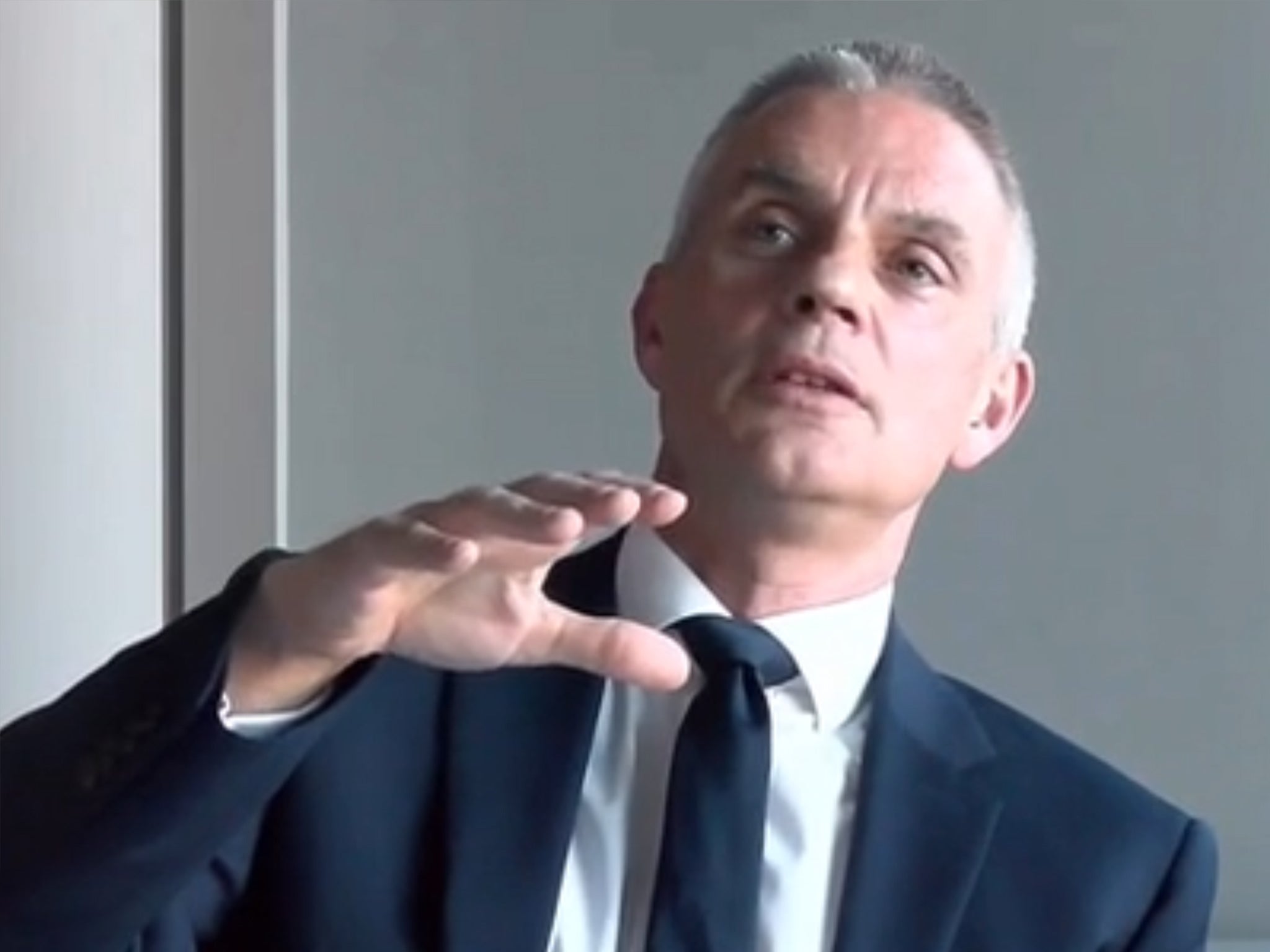BBC not trying to ‘beat’ Netflix says new director-general
Paid subscription model not the way, says Tim Davie

The BBC cannot beat Netflix and other big-budget streaming services, the corporation’s new director-general said.
Tim Davie said the BBC was a "mid-scale” player at best in the global media market in terms of revenue and will need to take a "radically different" approach to US streaming giants going forward.
“We are not trying to make a paid subscription business work,” he said.
“We have a different purpose, I’m not running a business for profit, I’m running ... an organisation for purpose.”
He pointed to regional programming as one area where the BBC and other public broadcasters have the edge over US streaming sites, with a recent commitment to spend an additional £700m outside of London in the next few years.
Read more:
The BBC has learned the value of "regional storytelling" he said, as regional evening news broadcasts have been the highest rated programmes during the pandemic.
"The US streamers make about 200 hours of UK originated content, the public service broadcasters make 30,000 hours," he told MPs at a meeting of the Public Accounts Committee to assess the financial strategy of the BBC.
Audience reach continues to be strong, Mr Davie said, with more than 90 per cent of people in the UK accessing BBC content weekly.
But he said it was "essential" for the corporation to "take less of people's time in future" and focus instead on making the time spent consuming BBC content "count more".
Grabbing the attention of young audiences remains a big concern. Charlotte Moore, chief content officer, said the corporation had doubled its budget for content aimed at 16-34 year olds.
It was recently announced that youth-targeted BBC Three will return to television screens after a six-year stint as an online-only channel.
Mr Davie said the BBC had made the wrong assumptions about the shift to online viewing and that television viewership had proved more "resilient" than expected.
Asked about the sustainability of the BBC's licence fee model, Mr Davie said he had "healthy paranoia" about the future of the charge.
There remained "big uncertainty" around current negotiations with the government over the price of the licence fee from 2022 to 2027, when the current charter period ends.
Mr Davie said he was unable to say whether the cost would go up next year as it was up to the Department for Digital, Culture, Media and Sport.
During the meeting, Glyn Isherwood, the BBC's chief financial officer, revealed the broadcaster's income from the over-75s will be more than £400m this year after scrapping the universal right to free TV licences last year.
Subscribe to Independent Premium to bookmark this article
Want to bookmark your favourite articles and stories to read or reference later? Start your Independent Premium subscription today.

Join our commenting forum
Join thought-provoking conversations, follow other Independent readers and see their replies